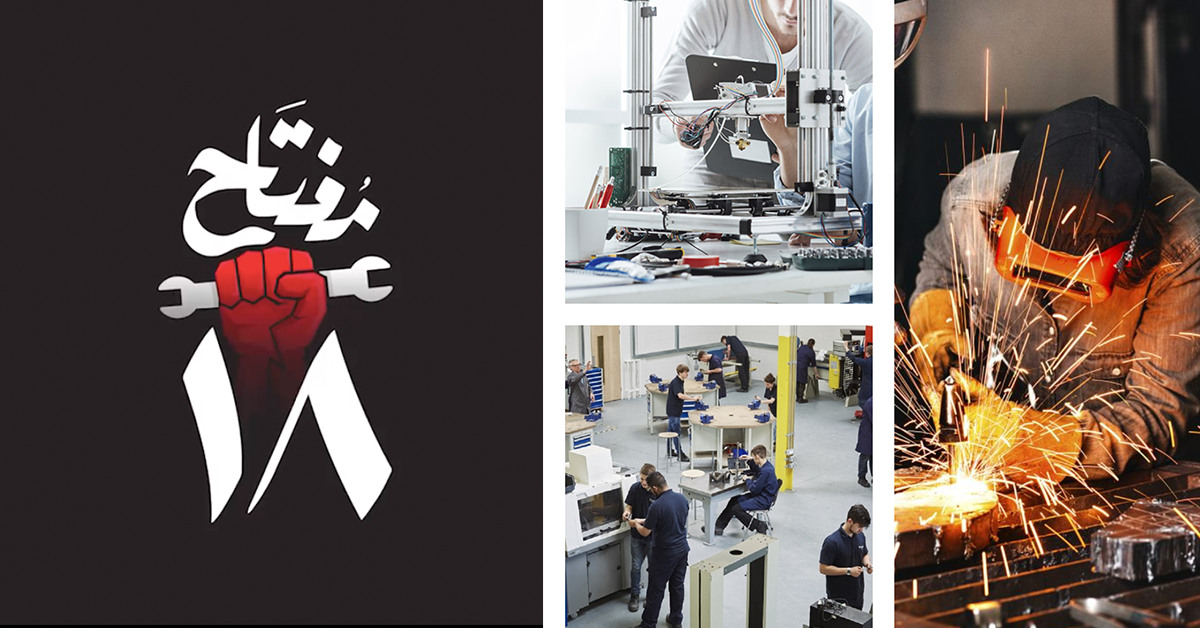Technical education and its fields need a little bit of PR.
And with the university sector expanding and booming, vocational and technical training has taken a backseat. Theories are studied more than training for practical skills and experience.
Unfortunately, this leaves the country in need of more skilled personnel to help maintain the foundation of the country. But why is it so important when new technologies are born every day to assist or stop the need for certain technical jobs?
A Strong Foundation:
Academic pursuits have become the norm as a good path for the future, but many have forgotten that technicians have always played an important role in the expansion and improvement of countries.
- Advertisement -
Science and technology have helped evolve how we see and use the world around us, influencing all sectors and industries. It has changed our lives to the point that we cannot live without what technicians have built or are building.
Aqueducts, water systems, oil drilling, buildings, transportation, car manufacturing, and manufactured phones are some of the major influences in our lives that have been brought to life by engineers and other technicians. This shows how essential the skill of the labor force/technicians are to the economic, industrial and commercial growth for any country.
Having a strong force of technicians increases the quality of living for others around them. This plays a crucial role in reducing unemployment and increasing local production. Technical education brings about income for both country and population, increasing the GDP and the country’s overall economy.
There is also a high demand for highly-skilled and trained technicians locally, but they are in short supply.
In today’s world, many feel that vocational or technical work is beneath them and unimportant to their personal and overall economy. This misconception has led some countries to having an extreme reliance on foreign workers, which can dramatically affect the local economy and population.
What many people don’t think about is the need for these technicians. The day-to-day technology we use is a result of the daily hard work of technicians all around the world.
These are some significant reasons that justify supporting technical and vocational education colleges in order to improve the local economy and the country.
Supporting the Future:
This is why non-profit organizations like Misr El Kheir has been supporting local technical education through supporting the launch of the Egyptian Chinese College for Applied Technology (ECCAT) and their newest campaign, مفتاح 18.
Translated as “Wrench 18”, the campaign aims to provide awareness for technical education as well as improve its image by giving it the well-deserved recognition it deserves. The non-profit foundation bases the campaign on the fact that wrenches are a key symbol of repairing/servicing, which is a major part of the technical field.
Symbolically, the wrench’s ability to fix almost anything could be the reason behind the choice of the campaign name. The wrench can help in various ways, and is a main tool in any worker’s toolbox, making it a great symbolic tool to fix the reputation and foundation of a country through its resourcefulness.
The new Egyptian Chinese College for Applied Technologies (ECCAT), in the old campus of the Suez Canal University in Ismailia, provides young hopefuls with a Bachelor of Technology in three majors: Mechatronic, Communication, and Information Technology. The college is set to help young men and women find new ways to improve the world through vocational and technical skills.
This isn’t the first time that Misr El Kheir has focused on technical education either. For the past 5 years since 2014, the non-profit MEK has trained more than 5000 local youths through vocational training programs, helping 70% to find job opportunities.
With technicians being the foundation of any country’s industrial, commercial and economic development, as well as a considerable force in reducing youth unemployment, it has become more imperative to encourage youth to study in technical colleges.
Without the technical know-how and without relying on foreign technicians, third world countries would fall until we are able to build robots to do all of our work; yet that takes the very same engineers and technicians to develop and build them.








